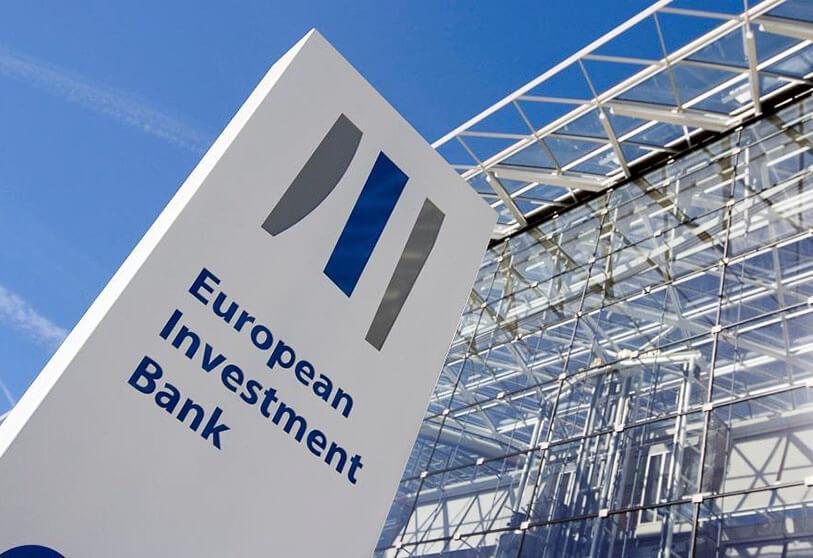Portugal is officially out of the Troika financial assistance programme. After 3 years, €78bn loans and a strict programme of reforms and austerity, which was harshly criticized by its citizens – and even brought at the Constitutional Court (and partially rejected), the country is no longer under “special surveillance”, even though the Eurogroup Ministers will keep on monitoring the post-programme period.
“Thanks to the determined efforts of the Portuguese authorities and the resilience and courage of the Portuguese people, major progress has been made in addressing the economic imbalances that have been weighing the country down for many years,” said Siim Kallas, temporary Commissioner of the EU for Economic and Monetary Affairs (Olli Rehn is in fact running for the European Parliament and has put his place on hold). According to the EU Commissioner, the Lisbon government took “decisive actions” in the last three years, in order to “put public finances back on a sustainable trajectory.” Moreover, “the financial sector has been stabilised and strengthened,” and “structural reforms in many sectors of the economy have begun to lift Portugal’s competitiveness and remove obstacles to investment and job creation.”
After Ireland and Spain, Portugal is the third euroarea country to graduate from its financial assistance programme. Yet, Kallas said “there is no cause for complacency,” because it is now necessary to “bring down the still unacceptably high level of unemployment” (according to Eurostat, 15.2 percent, 3 percent more than the beginning of the Troika programme). In order to fight unemployment, said Kallas, “it will be essential to maintain an unwavering commitment to sound budgetary policies and growth-enhancing reforms in the months and years ahead.”





![Il commissario per l'Economia, Paolo Gentiloni [Bruxelles, 4 novembre 2024. Foto: Emanuele Bonini]](https://www.eunews.it/wp-content/uploads/2024/11/gentiloni-241104-350x250.png)




